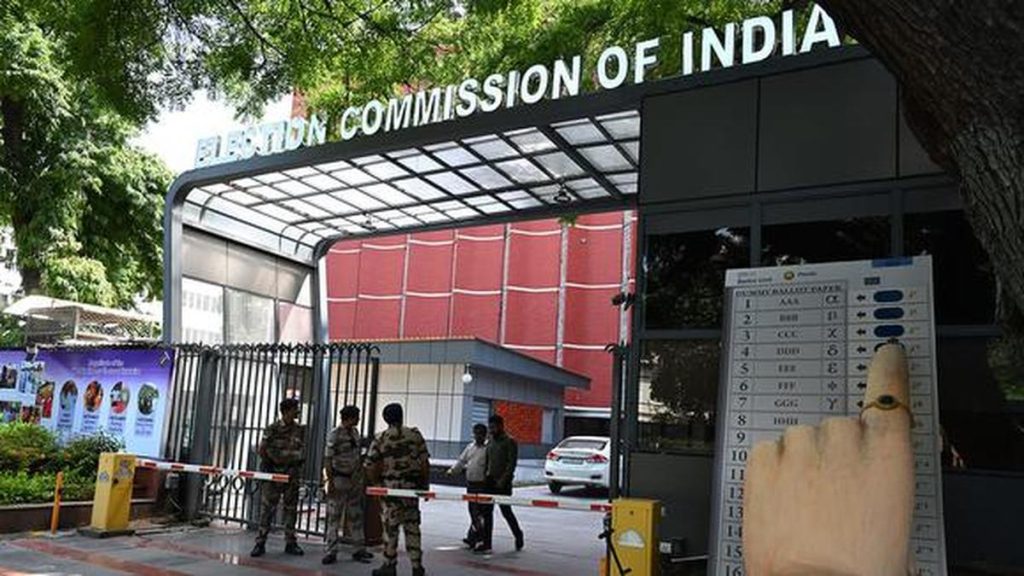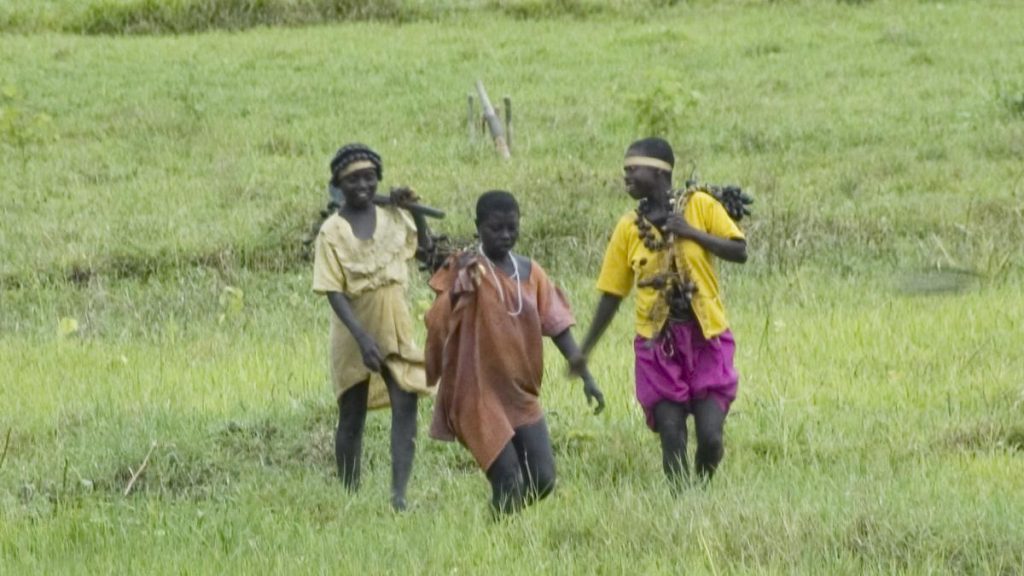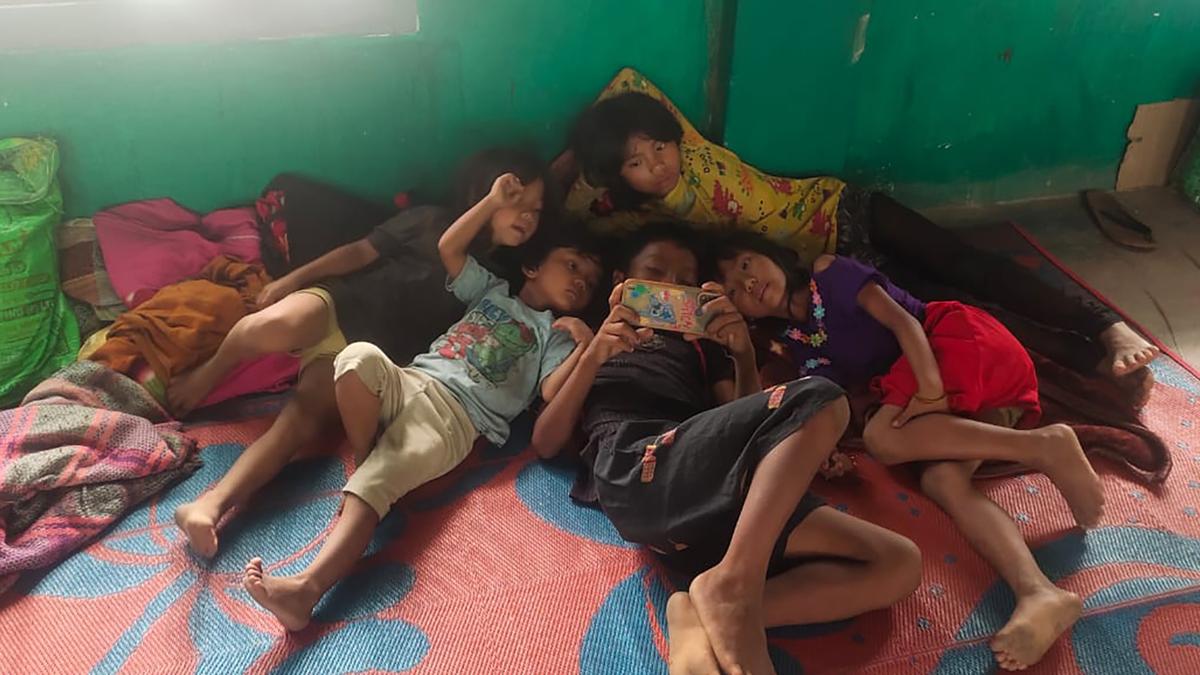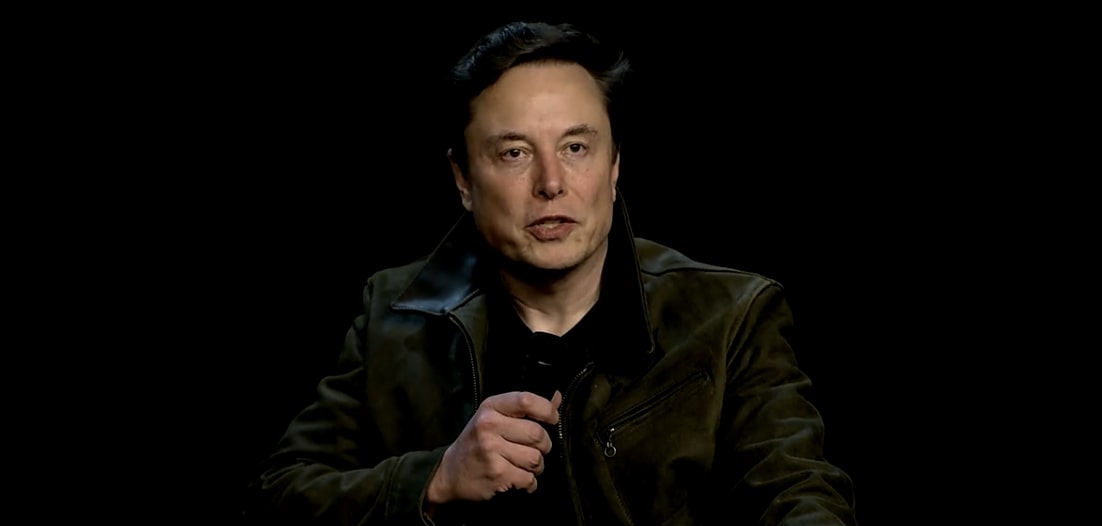Now Reading: BJP MP’s Comment on Pregnant Woman’s Plea for Road in M.P. Sparks Controversy
-
01
BJP MP’s Comment on Pregnant Woman’s Plea for Road in M.P. Sparks Controversy
BJP MP’s Comment on Pregnant Woman’s Plea for Road in M.P. Sparks Controversy

Rapid Summary
- Incident Overview: Madhya Pradesh BJP MP Rajesh Mishra accused a pregnant woman, Leela Sahu, of using her pregnancy to gain social media fame after she demanded a motorable road for her village in Sidhi district.
- Leela SahuS Advocacy: Ms. Sahu, a social media content creator with over 11 lakh YouTube subscribers and 4 lakh facebook followers, posted videos showing the poor road conditions in Khaddi Khurd village. She highlighted the challenges faced by pregnant women due to lack of access to medical facilities.
- Political Responses:
– Ms. sahu alleged that Mr. Mishra had promised last year that the road would be constructed within a year but no progress has been made since.- Mr. Mishra dismissed her concerns as an attempt at gaining fame and claimed existing government ambulances and ASHA workers can address emergency delivery needs. He offered logistical support, including airlifting patients if necessary.
- government Perspective: Public Works Department Minister Rakesh singh said that demands raised on social media cannot always result in immediate construction projects due to budgetary constraints.
- Opposition Criticism: State Congress President Jitu Patwari called Mr. Mishra’s remarks “shameful,” criticizing the unfulfilled promise to build the road.
Indian Opinion Analysis
The situation underscores broader concerns regarding rural infrastructure gaps and governance accountability in India-particularly how fundamental services like roads can impact health outcomes for vulnerable populations like pregnant women. While MP Rajesh mishra’s offer of temporary measures such as airlifting medical emergencies signals pragmatic solutions under existing limitations, it does not address systemic issues related to accessibility or equity in public infrastructure advancement. Additionally, dismissing citizen advocacy-whether through conventional means or modern platforms like social media-as mere publicity risks undermining grassroots efforts for change.
Content creator Leela Sahu’s case illustrates how individuals are increasingly leveraging digital tools for civic activism; though, reliance on such platforms also reveals gaps where institutional mechanisms fail to acknowledge immediate community needs effectively-a point further emphasized by Madhya pradesh PWD Minister’s remarks about budgetary constraints curtailing responsiveness.
This incident raises vital questions about how rural connectivity policies are prioritized amid competing resource allocations across India while also spotlighting evolving trends where citizens escalate local grievances through technology-driven means of communication.
Read more:
























